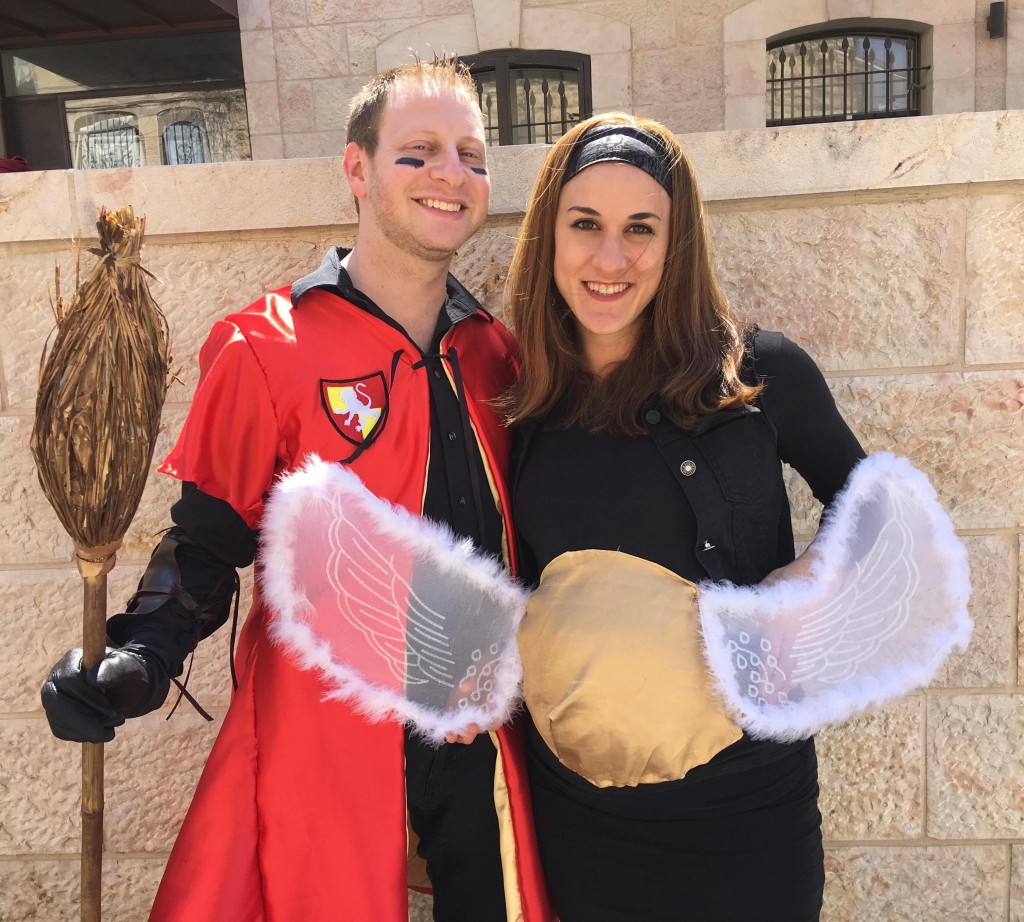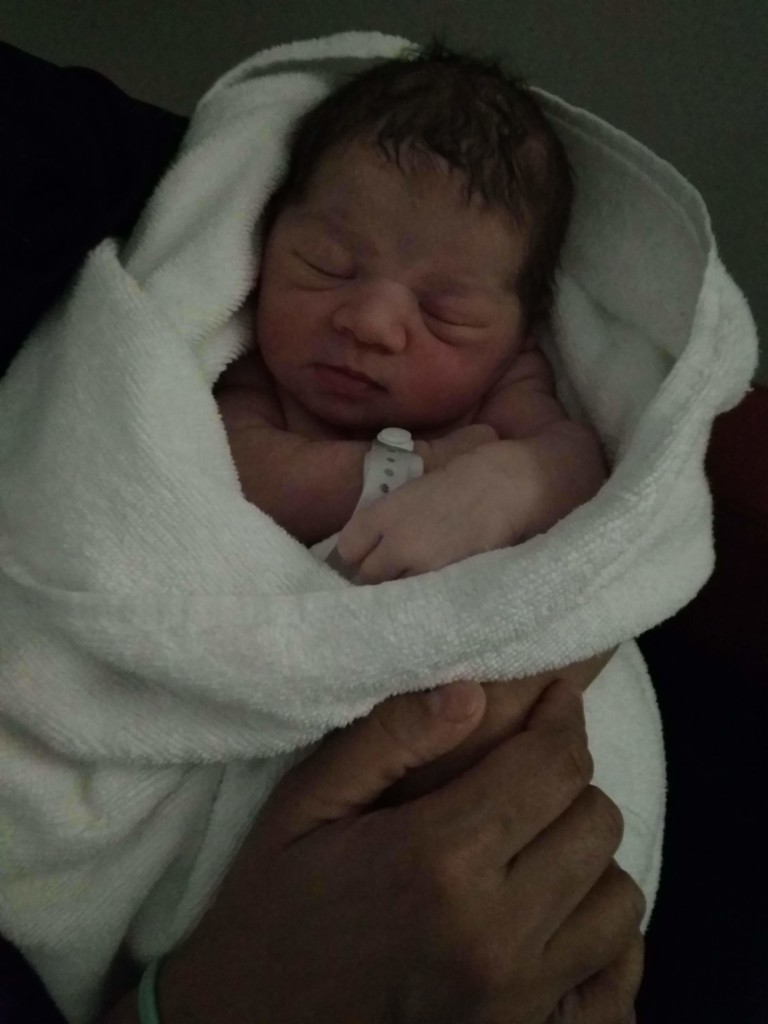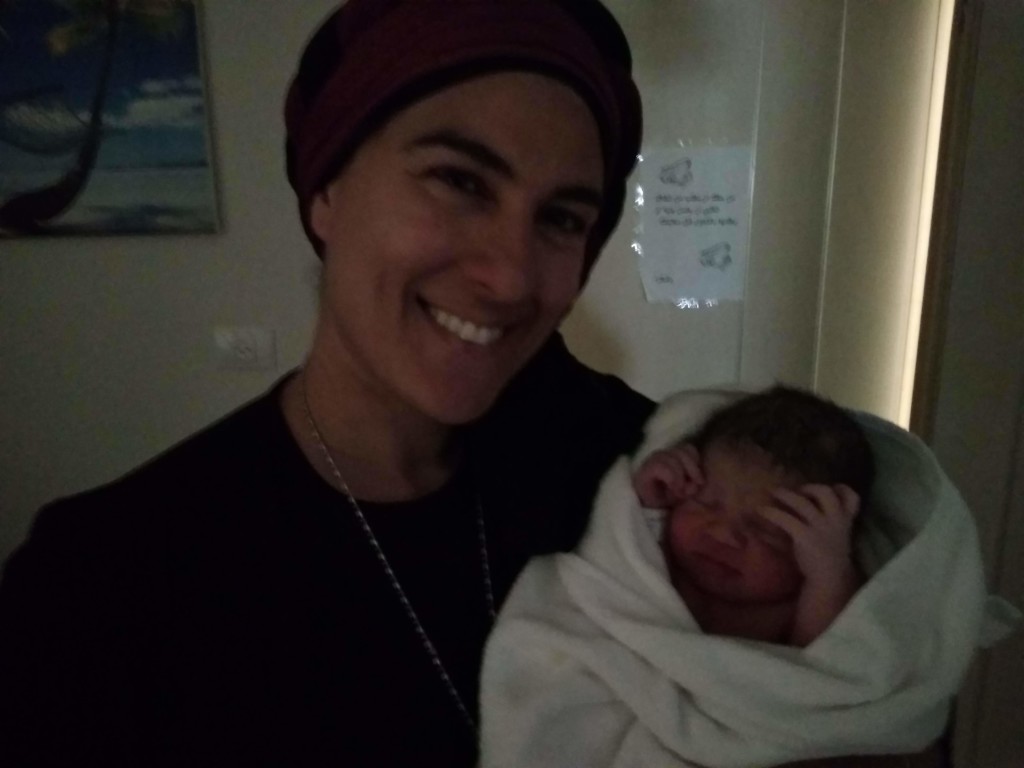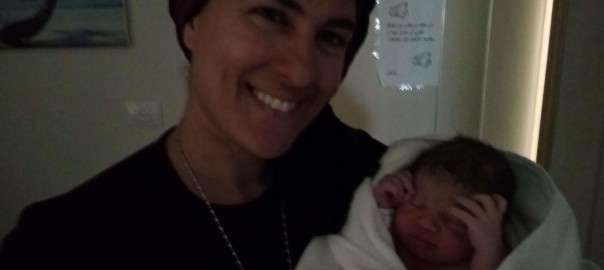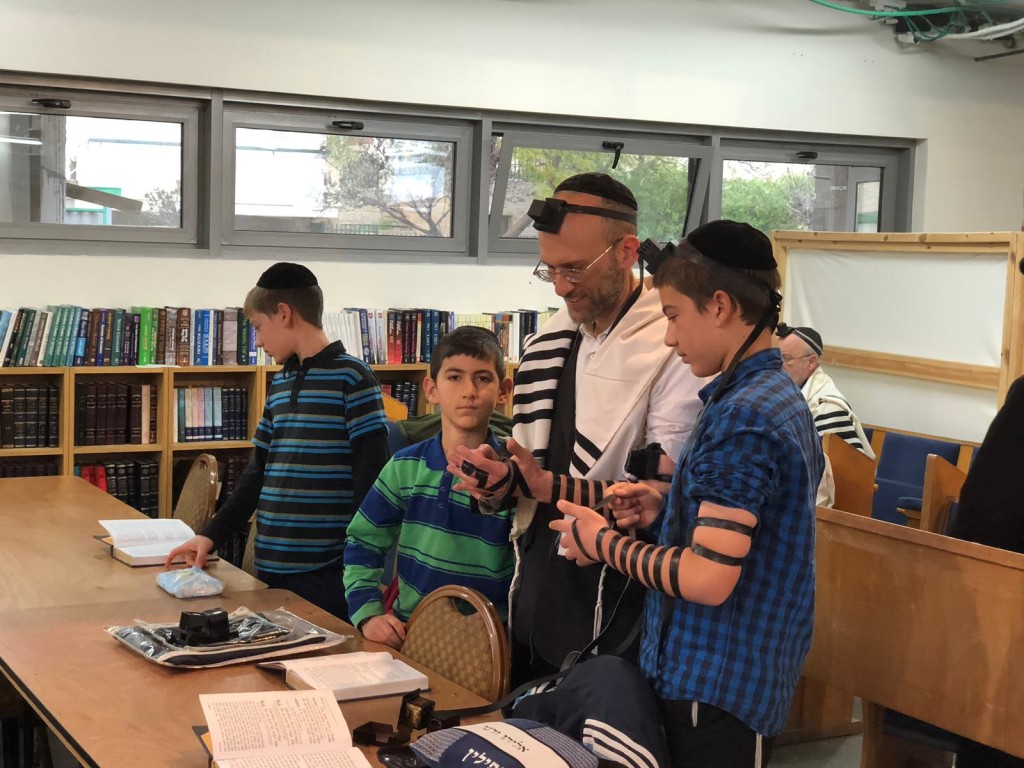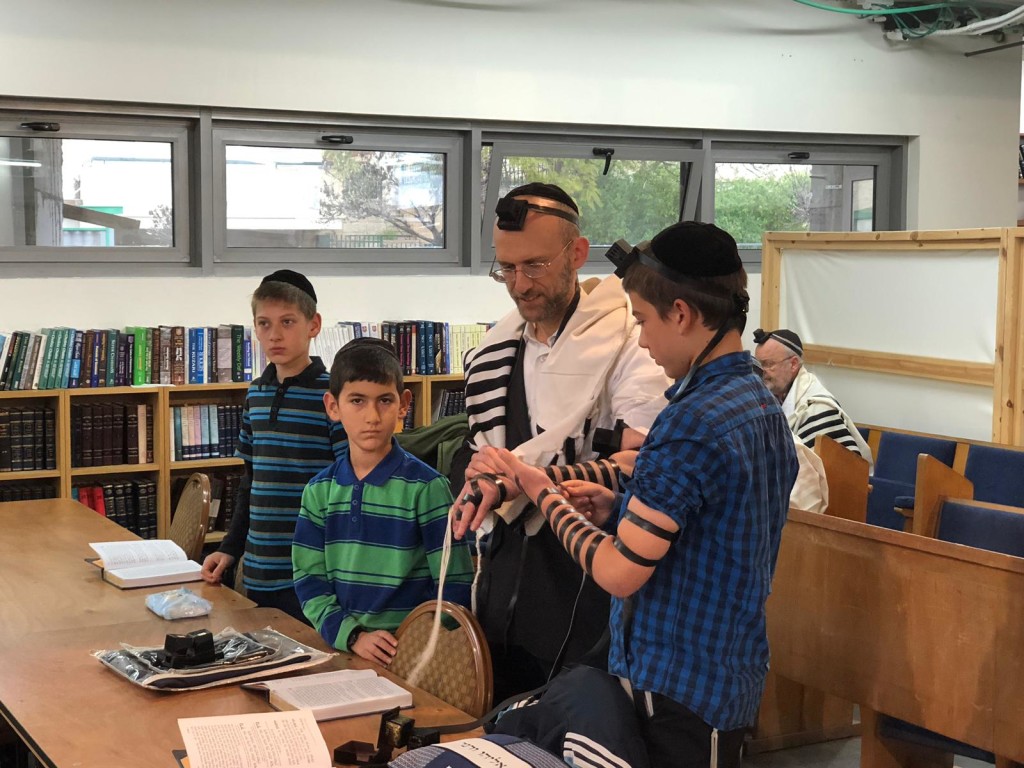Recently I was contacted by our social worker about participating in a new initiative, a roundtable discussion with the heads of the foster agency. I was told that there are hundreds of foster parents in the Jerusalem area, and each social worker was asked to contact two or three parents in her caseload to ask them to share their experience.
I was also told that even if we agreed, it didn’t mean that we would actually end up being at the forum since there were potentially so many people who would accept the offer and at this point only six or seven couples could participate.
We said we’d be willing to come and later were approved as one of the couples to participate in this discussion in the coming week. It will be interesting to see how it goes!
———————–
What has our foster care experience been like? While overall I’ve been grateful it’s been such a positive experience for us, I can’t say that everything was easy and smooth.
If you knew about the difficulties, would you still have gone forward?
Yes, absolutely. The difficulties weren’t as big as they initially felt.
But in the beginning it felt hard.
My main challenge was interacting with the birth mother.
When they place infants with special needs who were voluntarily given up, social workers are looking for families who will raise the child to adulthood, so it’s much more similar to adoption than foster care. This is different than the typical foster care placement system, in which the child is placed with a foster family until his biological family can be rehabilitated.
However, even though there are very significant differences in these two scenarios, legally they are treated in the same way. One result of this is that although the birth parents gave up their child, they are expected to have regular visits. (With typical foster care scenarios, the bio parents are expected to have the child reenter the home and it’s critical that the child maintains a relationship with them and views them as his real parents.)
A parent who makes the decision to give up a child is grieving; even if it’s what she chooses, it’s a gut wrenching choice. I can’t fathom the depth of emotions a parent in this situation experiences.
Sometimes this pain came out in ways that were uncomfortable for me because I was the one who replaced her as Rafael’s parent and the negativity was directed at me. Based on our initial interactions and their gratitude that they found a family they were so happy with, I wasn’t expecting hostility and when it came, it was hard for me. If I had been expecting it, it would have been easier since I could have prepared myself emotionally in advance.
However, I understand it and now that I look back, I wonder how it could have been otherwise.
Isn’t it difficult to have to ask me for permission to see the child she gave birth to? Whose child is he, anyway? Isn’t it painful to have to visit a child that you’ve decided you aren’t going to keep? What is her emotional role vis a vis him supposed to be? It’s confusing and takes emotional maturity to navigate this territory.
I also was afraid they would see how well Rafael was doing, regret the decision they made *perhaps based in part on a much more limited picture of his potential), and then decide to take him back.
Since we were dealing with the foster care system that has a stated belief that it’s always better for a child to be with his biological parents, they would be very responsive if the bio parents made this request. Although unusual for kids with special needs, it has happened; sometimes years after giving him up a parent decides they want the child back. And they always get him (so I was told).
I discussed this concern with our social worker and it wasn’t reassuring. Yes, I was told, that could happen and has happened to others and it would be best for him if that happened because it’s always best for a child to be with his biological family.
I protested, but we’re his family, we’re the only family he’s ever known from the very beginning – how could it be good for him to one day be ripped away and sent to live with people he doesn’t know at all? He would be completely traumatized and emotionally devastated, as we would be.
Well, that’s foster care, I was told, and that’s the reality you have to live with.
It was very hard for me to live with that in the background. I worried that all my investment into Rafael might be our undoing; I knew he would do much better with us than with a typical placement. It wasn’t until our most recent visit with his bio parents when they reassured me they have no intention of taking him back and they’re only visiting because they have to, that this fear faded. Until then I couldn’t get a read on what they were thinking and intending, and I had to consciously remind myself that it was G-d Who brought him into our family and it was G-d Who would continue to determine the best place for him.
One concern I had in the beginning was about the regular involvement of a social worker in my family’s life, and particularly in the decisions relating to Rafael. The reality is that I have all the responsibilities of a parent but not all of the executive decision making powers that a biological parent has. For the most part this hasn’t yet been overly constraining or invasive but it is definitely a concern.
I’m very fortunate that my relationship with our social worker is excellent. She’s been impressed by how we parent, and sees how much love and dedication we have for Rafael. She also happens to speak English fluently, which is nice.
(At a recent meeting with seven professionals gathered to discuss Rafael’s educational placement for next year, remarks were made that implied that I was limiting Rafael’s development by not keeping him at his daycare for longer hours. This social worker jumped to my defense and told them what a dedicated mother I am, how everything I do is with his best interests and development in mind, and that my home is an incredible nonstop therapeutic environment for him. I was so touched to hear her say all of that.)
Those were the main challenges I had specific to the foster care situation.
At this point I feel somewhat like someone a couple of years after giving birth – you remember there were parts that were hard but the difficulties fade away and the reality of you’re left with is of the wonderfulness of having your child.
Avivah

